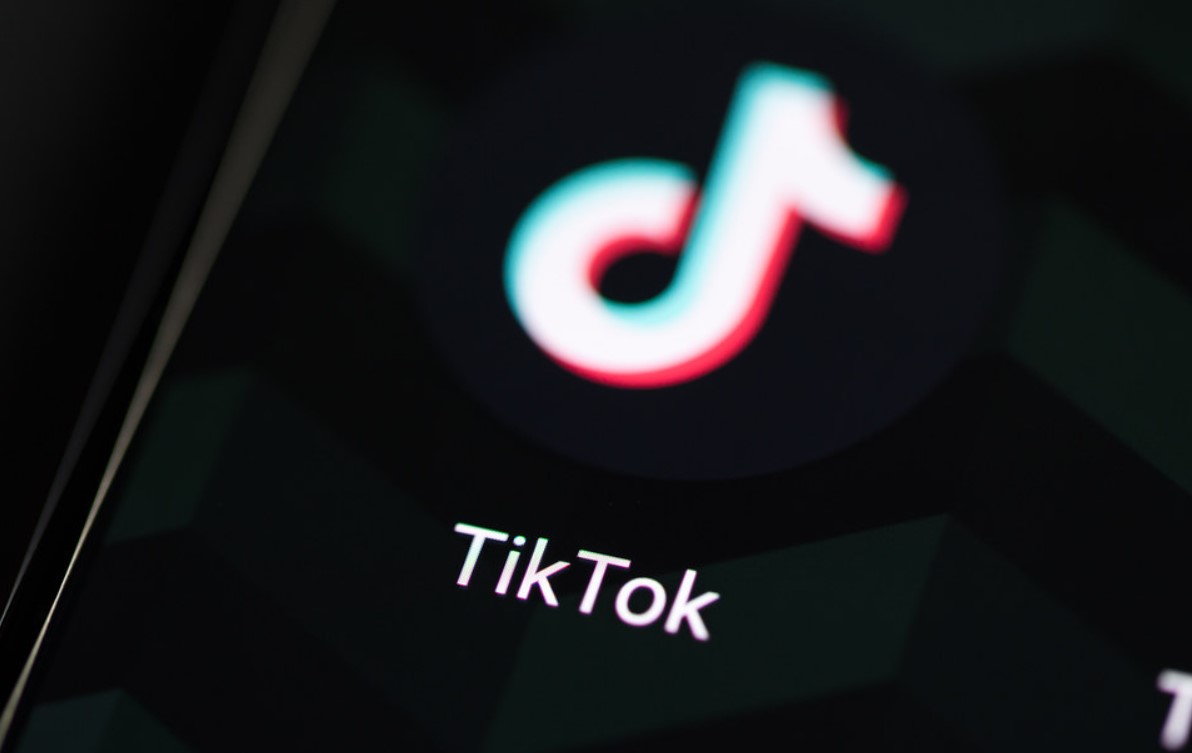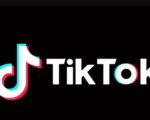TikTok, the popular short video app, has emerged as a new platform for Indonesia’s presidential candidates to woo young voters ahead of the February 14 election. The candidates have used TikTok to showcase their dance moves, cooking skills, and personal stories, as well as to respond to criticism and misinformation. However, experts warn that TikTok also poses challenges for the integrity and quality of the political discourse, as it is rife with manipulated images, deepfake videos, and harmful misinformation.

TikTok attracts young voters with its fun and creative content
TikTok, which has 125 million users in Indonesia, second only to the United States, has become a popular source of information and entertainment for young voters, who make up over half of the 205 million registered voters in the country. TikTok allows users to create and share short videos, often with music, filters, stickers, and special effects, on various topics, such as comedy, education, lifestyle, and politics.
To court young voters, all three candidates in the presidential race have gravitated toward TikTok, creating their own accounts and posting videos that highlight their personalities, policies, and achievements. The candidates have also engaged with their followers through live-streamed sessions, where they answer questions and address issues.
The frontrunner, Prabowo Subianto, a former military commander, has rebranded himself as a friendly and approachable leader, who can dance, cook, and play with animals. His videos have received millions of views and likes, and have inspired many imitations and parodies. His main rival, Anies Baswedan, the governor of Jakarta, has also used TikTok to showcase his charisma and vision, as well as to share his personal stories and family life. The third candidate, Ganjar Pranowo, the governor of Central Java, has used TikTok to promote his achievements and programs, as well as to respond to criticism and accusations.
TikTok also exposes young voters to misinformation and manipulation
However, TikTok is not only a platform for fun and creative content, but also a source of misinformation and manipulation, which can influence young voters’ opinions and choices. According to a January survey by Indikator Politik Indonesia, a pollster, TikTok was the second-most used source of information on politics, after television, during the campaign period.
However, many of the videos on TikTok contain false or misleading information, such as distorted facts, fabricated quotes, or out-of-context clips, which can damage the reputation and credibility of the candidates. Some of the videos also use advanced technology, such as deepfake, to create realistic but fake images or videos of the candidates, which can deceive or confuse the viewers.
TikTok says on its website that it has a policy to remove “harmful misinformation” and work with fact-checkers to flag or debunk it. It also bans political ads and fundraising on the platform. However, the enforcement of these rules is not always effective, and many problematic videos remain on the platform.
TikTok reflects the changing dynamics of Indonesia’s political communication
The use of TikTok by the presidential candidates and their supporters reflects the changing dynamics of Indonesia’s political communication, which is increasingly influenced by social media and digital technology. TikTok offers a new and innovative way for the candidates to reach and connect with young voters, who are more likely to consume and produce online content, rather than traditional media.
However, TikTok also poses challenges for the quality and integrity of the political discourse, as it is dominated by short, catchy, and sensational videos, which may not provide enough depth, context, or evidence for the viewers to make informed decisions. TikTok also exposes young voters to the risks of misinformation and manipulation, which can undermine their trust and confidence in the democratic process.
Therefore, experts suggest that young voters should be more critical and vigilant when using TikTok, and verify the information they see or share on the platform. They also recommend that the candidates and their supporters should use TikTok responsibly and ethically, and avoid spreading false or harmful content that can harm the public interest and the democratic values.








